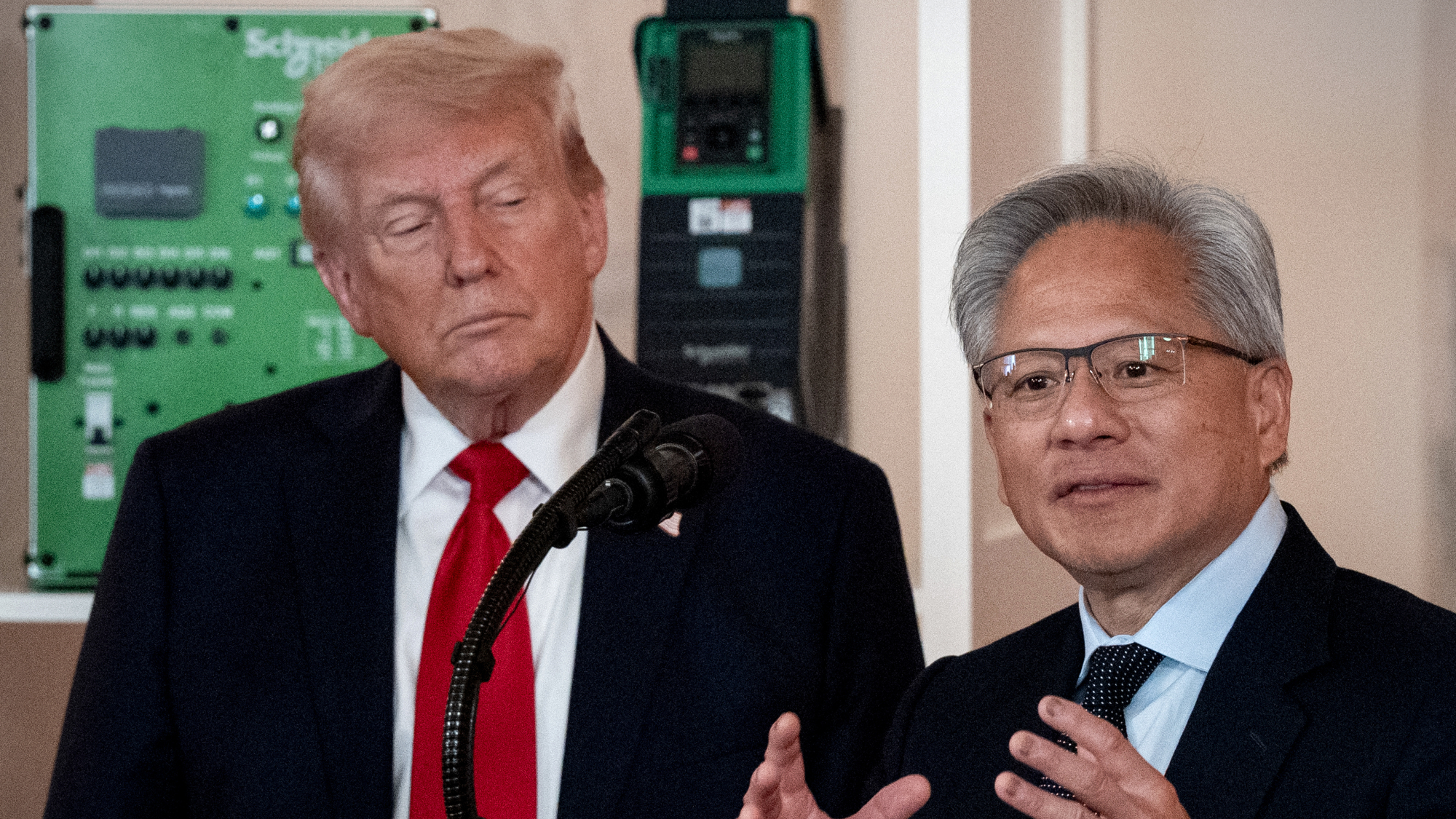U.S. proposing rules to rein in payday lending industry


On Thursday, the Consumer Financial Protection Bureau is unveiling proposed new rules that would extend federal oversight to the payday loan industry. The CFPB and the payday lending industry agree that the new rules, if enacted, would radically transform the $38.5 billion high-interest, low-dollar loan market. The payday industry argues the rules would gut the industry, cutting off access to credit for low-income borrowers; the CFPB and consumer advocacy groups say the new rules are necessary to rein in practices that gouge customer with effective annual interest rates of 390 percent or more and encourage spiraling cycles of ruinous debt. Some consumer advocates say the rules don't go far enough.
"The very economics of the payday lending business model depend on a substantial percentage of borrowers being unable to repay the loan and borrowing again and again at high interest rates," said CFPB director Richard Cordray. "It is much like getting into a taxi just to ride across town and finding yourself stuck in a ruinously expensive cross-country journey." The proposed rules will likely face pushback and legal challenges from the industry and from Republicans, including presumptive presidential nominee Donald Trump, who has vowed to scrap the agency and most of Dodd-Frank.
The payday lending rules would largely address two frequent criticisms of the industry, including making lenders do a "full-payment test" to ensure that borrowers can repay the loans, and tackle a lender's ability to take payments from a borrower's bank account, reducing the sometimes sizable overdraft fees such activity commonly leaves borrowers having to pay. The rules would also bar auto titles from being used as collateral. Public comment will be accepted on the rules until Sept. 14, and they could take effect as soon as next year.
The Week
Escape your echo chamber. Get the facts behind the news, plus analysis from multiple perspectives.

Sign up for The Week's Free Newsletters
From our morning news briefing to a weekly Good News Newsletter, get the best of The Week delivered directly to your inbox.
From our morning news briefing to a weekly Good News Newsletter, get the best of The Week delivered directly to your inbox.
A free daily email with the biggest news stories of the day – and the best features from TheWeek.com
Peter has worked as a news and culture writer and editor at The Week since the site's launch in 2008. He covers politics, world affairs, religion and cultural currents. His journalism career began as a copy editor at a financial newswire and has included editorial positions at The New York Times Magazine, Facts on File, and Oregon State University.
-
 Could smaller cars bring down vehicle prices?
Could smaller cars bring down vehicle prices?Today’s Big Question Trump seems to think so, but experts aren’t so sure
-
 2025’s most notable new albums
2025’s most notable new albumsThe Week Recommends These were some of the finest releases of the past year
-
 Trump aims to take down ‘global mothership’ of climate science
Trump aims to take down ‘global mothership’ of climate scienceIN THE SPOTLIGHT By moving to dismantle Colorado’s National Center for Atmospheric Research, the White House says it is targeting ‘climate alarmism’
-
 Unemployment rate ticks up amid fall job losses
Unemployment rate ticks up amid fall job lossesSpeed Read Data released by the Commerce Department indicates ‘one of the weakest American labor markets in years’
-
 US mints final penny after 232-year run
US mints final penny after 232-year runSpeed Read Production of the one-cent coin has ended
-
 Warner Bros. explores sale amid Paramount bids
Warner Bros. explores sale amid Paramount bidsSpeed Read The media giant, home to HBO and DC Studios, has received interest from multiple buying parties
-
 Gold tops $4K per ounce, signaling financial unease
Gold tops $4K per ounce, signaling financial uneaseSpeed Read Investors are worried about President Donald Trump’s trade war
-
 Electronic Arts to go private in record $55B deal
Electronic Arts to go private in record $55B dealspeed read The video game giant is behind ‘The Sims’ and ‘Madden NFL’
-
 New York court tosses Trump's $500M fraud fine
New York court tosses Trump's $500M fraud fineSpeed Read A divided appeals court threw out a hefty penalty against President Trump for fraudulently inflating his wealth
-
 Trump said to seek government stake in Intel
Trump said to seek government stake in IntelSpeed Read The president and Intel CEO Lip-Bu Tan reportedly discussed the proposal at a recent meeting
-
 US to take 15% cut of AI chip sales to China
US to take 15% cut of AI chip sales to ChinaSpeed Read Nvidia and AMD will pay the Trump administration 15% of their revenue from selling artificial intelligence chips to China
